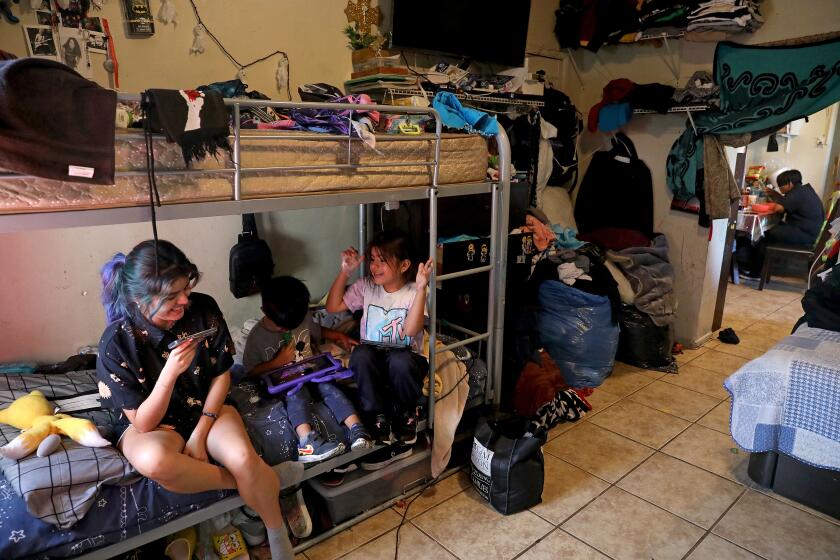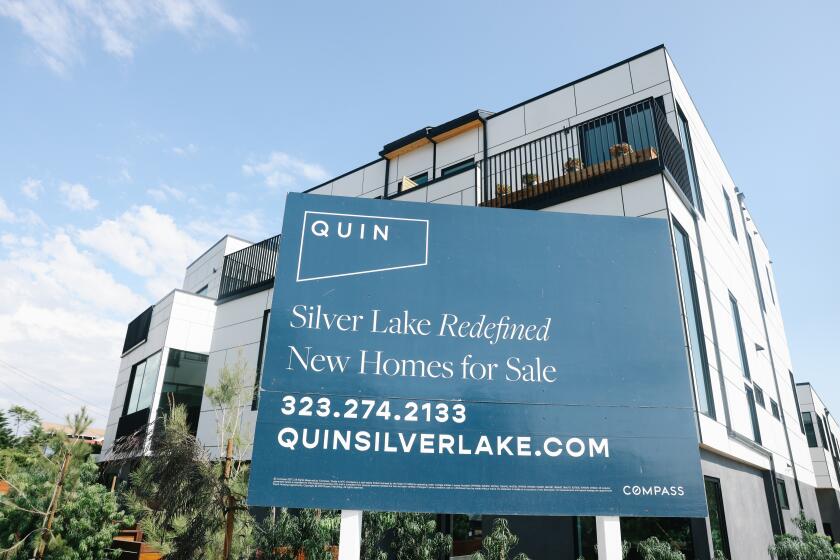Upfront Costs
As mentioned, buying a home is a big financial commitment. Before you jump into homeownership, note the costs you will incur so that you can plan accordingly. When you purchase a home, expect to pay some upfront costs (one-time payments). These cover two main areas: your down payment and the closing costs for the loan.
The down payment is usually a percentage of the selling price, and you should expect to pay 3 to 5 percent at a minimum. For instance, if you purchase a $200,000 home and your lender requires 5 percent for the down payment in order for you to qualify for your loan, you’ll need $10,000 for the down payment.
If you can afford a larger down payment, you may decide to put down 10 or 20 percent. Why pay more? Because until you have roughly 20 percent in equity (you have paid 20% toward the principal--not including interest), you may have to pay private mortgage insurance (PMI) or mortgage insurance premium (MIP, same concept only MIPs are for FHA loans). This payment is included in your monthly payment amount. Therefore, when you calculate your monthly payment, it will be higher when you have to pay this insurance fee. You may also be eligible for a better interest rate if you make a larger down payment.
What if you don’t have a down payment? Start a savings program, make a budget, and save up for the down payment. Or see whether your parents or other relatives may be able to help you with the down payment; if it is a gift to you, as opposed to a loan you are expected to pay back, the lender may require a gift letter. Why does that matter? Because if the money is a loan, then your lender must consider your payments on that loan when calculating your monthly expenses. As another option, consider some alternative type of financing.
In addition to the down payment, you pay costs associated with the loan, called closing costs. These vary depending on your lender, your offer to the seller and local customs.
To provide you with a loan, your lender requires certain assurances, such as:
•The house is worth what you are willing to pay (an appraisal) •The house isn’t infested with termites (home inspection) •If something happens to your home, you have insurance to cover the problem •You are a good candidate for credit (credit check) •The title to the home is free (no one has a lien or claim on the home)
The lender also charges certain fees for its loan, and the name of the fees and what they cover vary. For instance, you may be charged a document processing fee, recording fees and other fees.
You may also have to pay points on the loan. One point is equal to one percent of the loan, and lenders may require you to pay points on the loan. You may also choose to pay points in order to secure a lower interest rate. In addition to these upfront fees, you may also have to prepay escrow fees. All of the closing costs will be spelled out for you, and you will receive a good faith estimate of all these fees so that you know what to expect. Note, too, that you may not be responsible for paying all the fees. In many cases, the seller either traditionally pays the fee (local custom), or you may have as part of the offer asked the seller to pay certain fees, such as paying for points on the loan.
Finally, you may have to pay some of the fees upfront, such as for a home inspection, and other fees you can roll into your loan and pay for them over time. If you roll closing costs into your loan, your monthly payment will be higher, but not significantly higher. Your agent can explain the various fees and what you can expect to pay on your particular home offer and with your particular lender.






